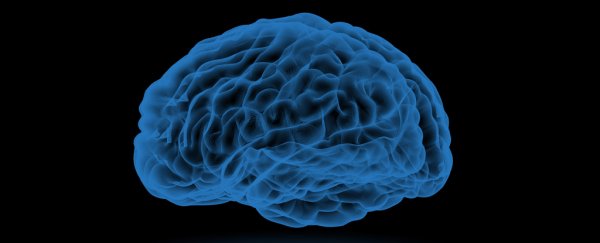It's no secret that people forget things all the time, but scientists actually think that's good for us. We need to forget all sorts of information, both trivial and terrible, to get on with our lives and store new things in our memory banks.
But when it comes to everyday things, how does the brain know which memories to hold onto and which ones to let fade away? According to a new study, our brains prioritise rewarding memories at the expense of others, replaying experiences to help us consolidate the kinds of memories that might lead to further benefits.
"Rewards help you remember things, because you want future rewards," said neuroscientist Charan Ranganath from the University of California, Davis (UC Davis). "The brain prioritises memories that are going to be useful for future decisions."
According to Ranganath, people only retain detailed information for a small proportion of the events that occur during their day. It's one way of preventing us from being overwhelmed with unnecessary information. But how? By filtering out low-reward recollections, as high-reward memories are likely to be the most relevant blueprints for obtaining better outcomes next time, he suggests.
To test this hypothesis, Ranganath and his fellow researchers scanned the brains of volunteers by functional magnetic resonance imaging (fMRI) as they answered a series of simple "yes-or-no" questions about objects in an image.
Depending on the background of the image, the participants were told they would either receive a large reward (for example, dollars) or a small reward (only cents) if they provided the correct answer.
After the exercise, the participants were scanned again during a rest period, and then surprised with an additional memory quiz on all the objects that had appeared during the test.
The results, published in Neuron, show that the participants were better at remembering the objects associated with a high reward than those that only fetched a small prize.
"Also, when an object was associated with high reward, people remembered better the particular background scene that was on the screen during scanning," said one of the team, Matthias Gruber.
Interestingly, the participants' memory performance could be predicted from the fMRI data showing their brain activity when resting. The brain activity directly after the yes-or-no exercise showed the same patterns as during the high-reward task, suggesting that the participants were replaying the rewarding memories, and consolidating them.
Those whose scans revealed greater replay of the high-reward memories showed better retention of the objects in the final quiz. The fMRI data also indicated that they had increased interactions between the hippocampus, a region of the brain heavily involved in memory, and an area known as the substantia nigra/ventral tegmental area complex, involved with reward processing.
This could mean that the rewards played a role in stimulating the activity in the hippocampus, although further research will be needed to understand exactly how that's occurring.
"It speaks to a memory process that is normally hidden from us," said Ranganath. "Are you remembering what you really need to know? It could depend on what your brain does while you are at rest."
